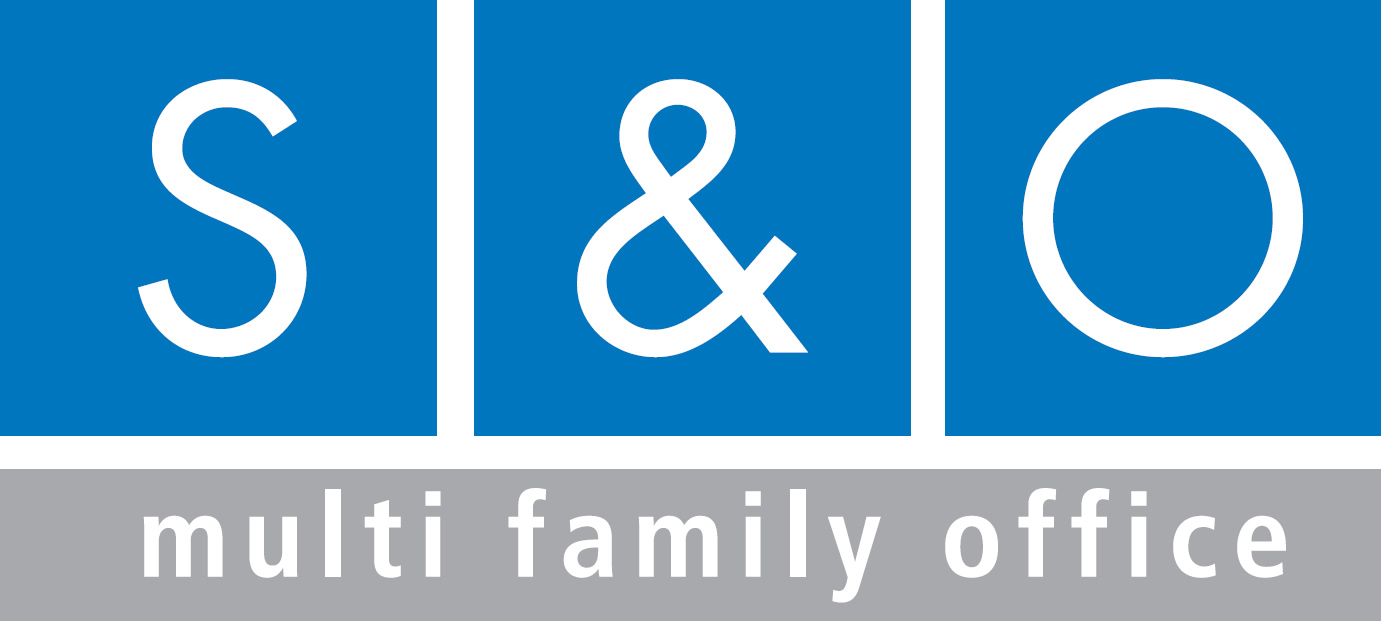Lagarde rejects expectations of ECB tightening
Bank chief admits to ‘soul searching’ on inflation as markets bet on rate rise
MARTIN ARNOLD — FRANKFURT TOMMY STUBBINGTON —LONDON
Christine Lagarde has rebuffed investor expectations that the European Central Bank could raise rates next year to quell fast-rising prices, even as she acknowledged that its latest governing council meeting was dominated by a discussion of “inflation, inflation, inflation”.
The ECB president said the council had done “a lot of soul searching” to test its assumption that inflation would fade next year and its analysis did “not support” market expectations for a rate rise before the end of 2022.
Nevertheless, even as Lagarde spoke yesterday, investors stepped up their bets of an ECB rate rise. Markets are currently pricing in a 0.1 percentage point rise by September next year.
“The view in the market is that central banks are behind the curve,” said ING rates strategist Antoine Bouvet. “The ECB is no exception.”
The ECB’s approach to rising inflation — which in October hit a 28-year high of 4.6 per cent in Germany, and a 37-year high of 5.5 per cent in Spain — contrasts with other major central banks such as the Bank of England and the US Federal Reserve, which have both signalled moves toward tightening policy.
Instead, after a two-day meeting of its governing council, the ECB said its €1.85tn pandemic emergency purchase programme (Pepp) would continue, although at “a moderately lower pace” than the €80bn-a-month level at which it ran until last month. The ECB also kept its deposit rate unchanged at minus 0.5 per cent.
Lagarde dismissed fears of “stagflation” and said the euro area economy was still recovering strongly, even if it had lost momentum recently because of the supply chain problems and the surge in energy prices. She said: “We foresee inflation rising further in the near term but then declining in the course of next year.”
But, in a subtle shift from previous statements, she said inflation would “take longer to decline than originally expected”, adding that supply chain bottlenecks were likely to last well into next year, although she expressed confidence that it would fall below the ECB’s 2 per cent target by 2023.
Economists expect eurozone inflation to rise to 3.7 per cent this month, its highest level since 2008. Some are also starting to predict it could remain above the ECB’s target next year. Neville Hill, chief European economist at Credit Suisse, said Lagarde had been “only half convincing in pushing back on the market’s pricing of higher rates next year”.
Underlining how inflationary pressures are rising in Europe, the selling price expectations of EU companies rose to a record high in October, according to the European Commission’s latest monthly survey, while consumer price expectations rose to their highest level since November 1992.
The ECB agreed a new strategy earlier this year designed to avoid the risk of raising rates too soon — something it was widely considered to have done just as the eurozone debt crisis was starting in 2011 and it raised rates twice during a food and energy supply shock.
Konstantin Veit, a portfolio manager at Pimco, said: “That President Lagarde failed to assuage markets probably contains an element of markets questioning the ECB’s commitment to the new monetary policy strategy.”
Some central banks have acted in the face of rising inflation. On Wednesday, the Bank of Canada said it would stop asset purchases and raise rates sooner than expected. Brazil’s central bank also raised rates by 175 basis points.
Lagarde said she expected Pepp to end in March, adding that the decision on whether to expand an earlier asset purchase programme to offset some of the reduction would not be made until December.
’The view in the market is that central banks are behind the curve. The ECB is no exception’.
© RIPRODUZIONE RISERVATA

Articolo tratto da “Financial Time” del 29/10/2021
